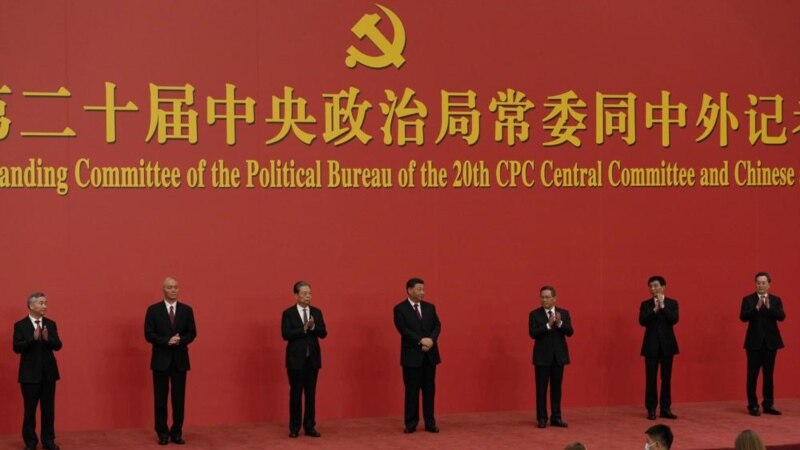
Research: Raising a Child Costlier in China than in US, Japan
New research shows that the cost of raising a child in China is nearly seven times its GDP per capita, far more than in the United States and Japan.
GDP, or gross domestic product, is the measure of the total value of goods and services in a country. GDP per capita is a measure resulting from GDP divided by the size of a nation’s total population.
The high cost of child-raising is one more difficulty Chinese policymakers face as they try to deal with quickly decreasing birth rates.
Experts warn China's aging population will put pressure on its health and social security systems. A decrease in workers could also severely limit growth for the world's second largest economy in the coming years.
New policies permit families to have as many as three children. But China's birth rate dropped to 7.52 births per 1,000 people in 2021. That is the lowest since the National Bureau of Statistics began recording the information in 1949.
The high costs of raising a child have caused officials in China to place restrictions on the private tutoring industry. Some areas have been giving couples money for having a second or third child.
The average cost of raising a child to the age of 18 in China in 2019 was 485,000 yuan for a first child. That is 6.9 times China's GDP per capita that year. That information comes from a recent report from the YuWa Population Research Institute in Beijing.
China ranks second highest among the 13 countries included in the study. The country is behind only South Korea, which has the lowest birth rate in the world. The United States number, based on 2015 data, is at 4.11 times GDP per capita. Japan stands at 4.26, based on data from 2010.
Child raising costs are even higher in China's major cities, reaching more than 1 million yuan in Shanghai and 969,000 yuan in Beijing. Birth rates in the two cities are even lower than the national average.
YuWa warned the decreasing birth rate would " profoundly affect" China's economic growth potential, its ability to create and its welfare problems.
The study found that China would need to spend at least 5 percent of its yearly GDP to provide reasons for couples to have more children. That would include education funding, special housing loan rates and tax breaks. Other considerations include equal time for mothers and fathers to be away from their jobs and the building of more childcare centers.
I’m Jonathan Evans.
Jonathan Evans adapted this story for Learning English based on a report by the Reuters news service.
Words in This Story
tutoring – n. teaching or guiding, usually individually in a special subject or for a particular purpose
profoundly – adv. in a way that has a very great effect on somebody/something
Share this article:
This article uses material from the VOA Learning English article, and is in public domain. Images and videos are available under their respective licenses.


